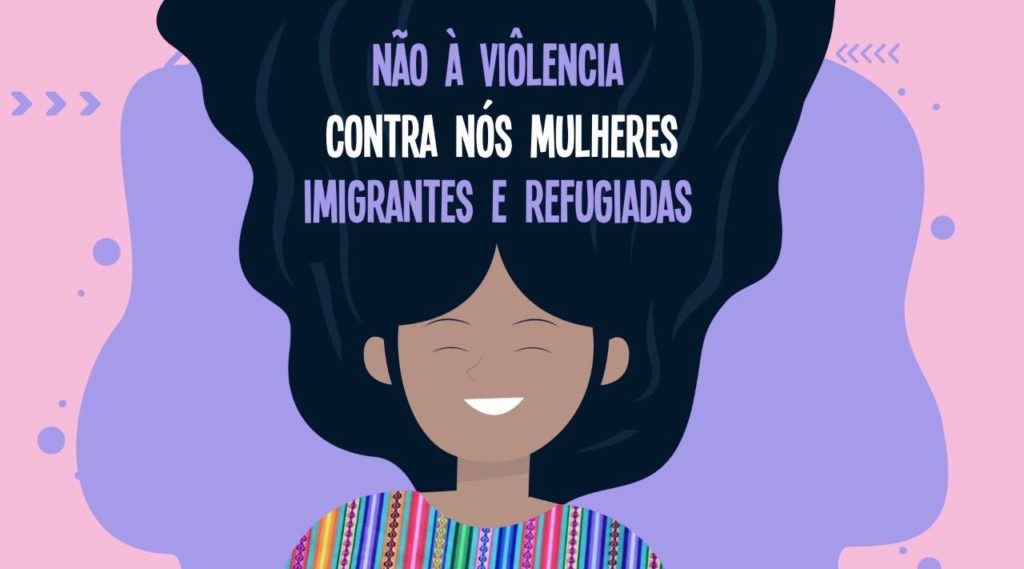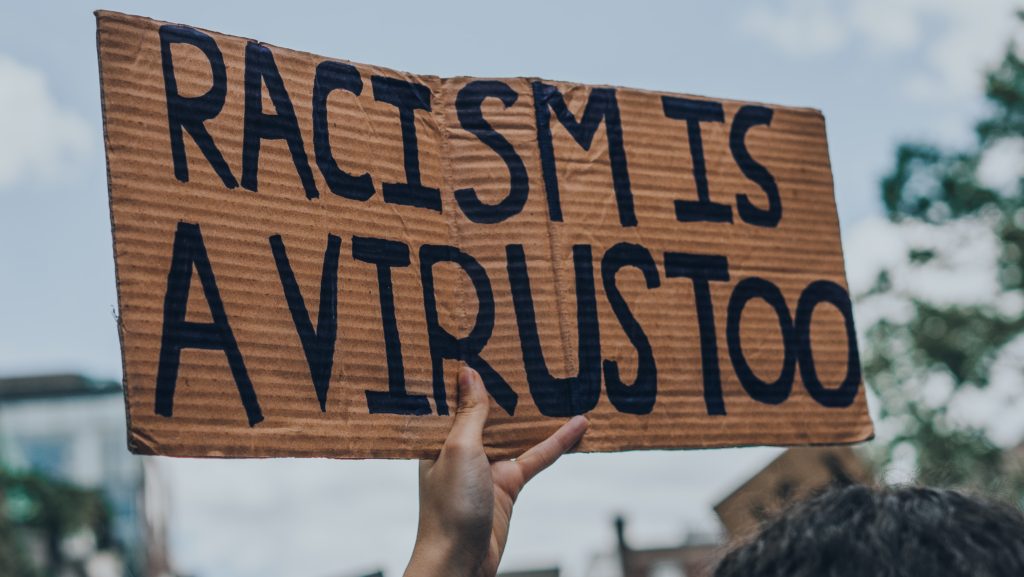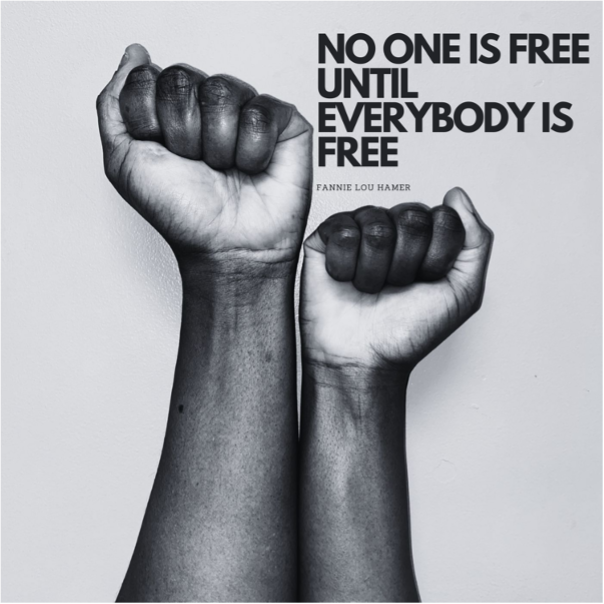In collaboration with JustRight Scotland, we’re shining a light on the rights of migrants and asylum seekers. We begin by examining the barriers blocking asylum seekers’ access to education and the Struggle to secure it in Scotland.
by Antonia McCallack
When we hear the words ‘human rights’ or ‘my rights and entitlements’, we should feel empowered and emboldened, as they are often used to describe fundamental freedoms which have been universally agreed upon to be protected. However, as soon as these words are uttered in relation to someone who is an asylum seeker or migrant in the UK today, these words are deemed inconsequential or even as a threat when they relate to someone who holds an immigration status other than that of a UK citizen.
I want to focus this discourse by talking about the right to access education and, particularly, in a Scottish context. Before beginning, it might be useful to let you know that education is a devolved matter, which means that the Scottish Parliament can create laws/regulations and has discretion on funding for education that is different to that in the rest of the UK.
The Scottish education system is also different to others in the UK in how the curriculum is designed, with children beginning primary school at age 4 or 5, starting in Primary 1 and finishing in Primary 7 at age 11 or 12. They will then begin secondary school, starting in S1 and are required to attend until they reach the age of 16. At this age, a child can remain in school to complete a further two years of study until they finish S6 at either 17 or 18. Upon finishing the mandatory years at secondary school, they can apply to study further education at college or more advanced courses at college and also at University.
It is also important to note that access to education is a human right.
This can be found in various human rights treaties to which Scotland and the UK are signatories, including Article 2 (Protocol 1) of the European Convention on Human Rights, Article 28 UN Convention on the Rights of the Child, and Article 22 Convention on the Rights of Refugees 1951. Access to this right is curbed by various factors, including the ability to access funding as a home student or as an international student, whether a person has any previous qualifications, if they can prove to be proficient in the English language and if they will be recognised and whether they can afford to attend.
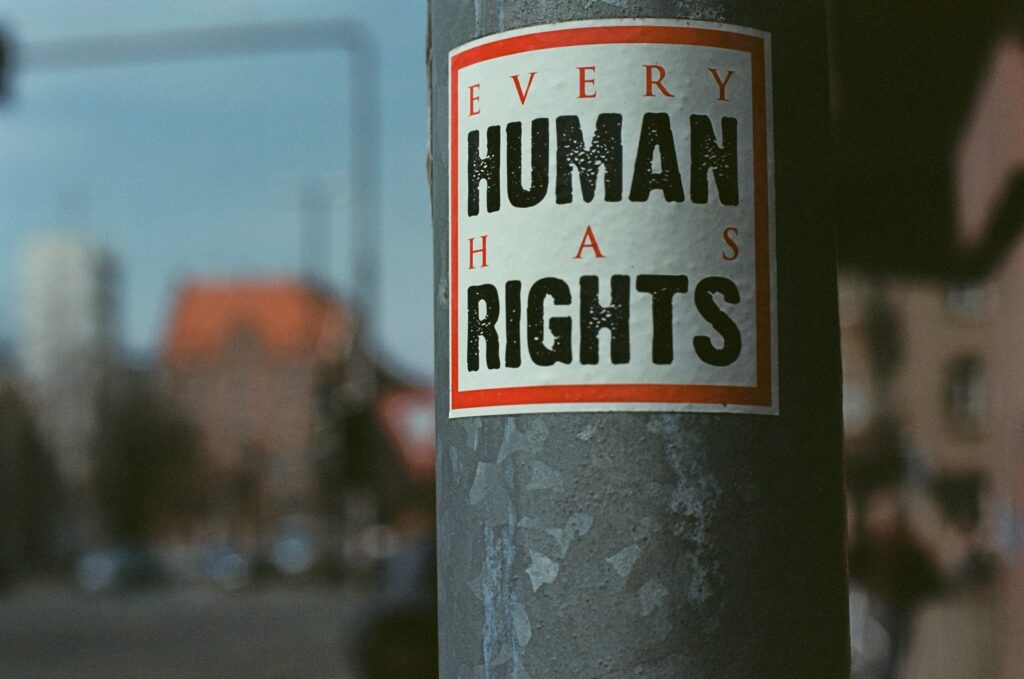
Fighting for Equal Opportunities in Scottish Education
At JustRight Scotland, we have advocated, campaigned and supported our clients to challenge legislation to promote the right to education for asylum seekers and migrants. Three years ago, we worked along with Maryhill Integration Network and Our Grades Not Visa’s campaign with the simple call to allow migrants to access further and higher education in Scotland based on their academic merit rather than being prohibited solely due to their immigration status.
In 2022, we assisted our client in challenging the Scottish Government’s regulations, which governed the eligibility to access funding from the Student Awards Agency Scotland (SAAS) for her university education in the case of Ola Jasim v Scottish Ministers [2022] CSOH 64. Our legal case focused on challenging a residency requirement which were discriminatory by preventing a group of migrant young people who had lived lawfully in Scotland since childhood, from accessing further and higher education along with their peers. We challenged these regulations on the basis that they breached her right to education.
The Court of Session Outer House found that these regulations were unlawful in respect of our client’s human rights, namely the right not to be discriminated (Article 14 of the European Convention on Human Rights) and the right to education (Article 2 of Protocol 1).
Following this landmark case, the Scottish Government launched a public consultation to review the residency eligibility criteria in 2023. The outcome was a change to these residency conditions to amend the eligibility criteria for young migrant people and to go further to extend the funding regulations to allow asylum seekers who claimed asylum as a child and the children of an asylum seeker to access funding to attend College and University in Scotland.
We are now two years on from these changes, and in theory, the right of young asylum seekers to access further and higher education has never been stronger. Yet, in practice, the barriers these young people are facing, and those caused by the wider asylum system, are making this right in practice unattainable without a fight for many.

What’s Still in the Way? The barriers that young asylum seekers are facing
1. Lack of clarity in the funding rules – every institution assesses things differently
Despite the changes to the regulation being in place for two years, we are still experiencing difficulties with individual colleges or universities understanding the rules. This issue is also compounded by the variation’s changes in immigration law and the understanding of who is eligible and the differing levels of courses which is funded and accessible for those over 18.
We have seen circumstances when an asylum seeker has applied for funding to study at a local college, but this has initially been denied due to the person being solely an asylum seeker. At present, there is no funding provided from the Student Awards Agency Scotland or the Scottish Funding Council which is available for adult asylum seekers who wish to enter full-time further or higher education. They are eligible for funding for ESOL classes that are full-time or part-time, ’non-advanced’ courses. It also prohibits adult asylum seekers from progressing in their studies and facing the disadvantage of being required to spend twice as long completing a course solely due to their immigration status and not academic capability.
The regulations have created a two-tier system of access to education, which is dealt with by the individual education institution when the courses are ‘non-advanced’. This system creates unnecessary confusion and inequality. Decisions about funding or allowing part-time study are left to individual education institutions, resulting in inconsistent rules across Scotland. While some colleges offer the flexibility needed for asylum seekers to access courses, others do not — leaving opportunities dependent on where a person happens to live.
Extending funding entitlements to all asylum seekers would make it much easier for colleges to decide who qualifies for support. While more work and help are needed to solve other issues, this change is an important step toward real progress. It would also reduce the chance that eligible asylum seekers are unfairly refused funding.
2. Age disputes among young people
When a young unaccompanied asylum seeker arrives in the UK, there is a possibility they might go through the process of being ‘age disputed’. This can occur if the young person arrives in the UK with no formal identification documents and once they provide their age and date of birth, this is not accepted by the UK authorities. These methods of assessment often occur as flawed or do not consider the young person’s experience in their journey to the UK. If this young person’s date of birth is recorded as an adult due to an age assessment, this has a knock-on effect on their full lives in the UK, including their right to access education.
As we have noted above, the ability for young people to access educational funding is determined by whether they claimed asylum as a child. While the age dispute process is ongoing, this young person will still be recorded as an adult. This means they won’t be able to access the courses they would if their age weren’t disputed. This includes ESOL courses or part-time non-advanced courses at college. They also may not be able to enrol in secondary school, which they may have been eligible for if under 16. Their asylum claim is also paused until the age is resolved.
Some may argue that it is important to restrict access to funding until their age matters are resolved to prevent the misuse of public funds and to prevent a perceived draw for individuals to claim asylum in the UK. However, in restricting the funding in this way it can directly prohibit a young person from their right to access education as an asylum-seeking child. It also raises real questions about whether it is fair for asylum seekers to be prohibited from accessing funding and education as adults.
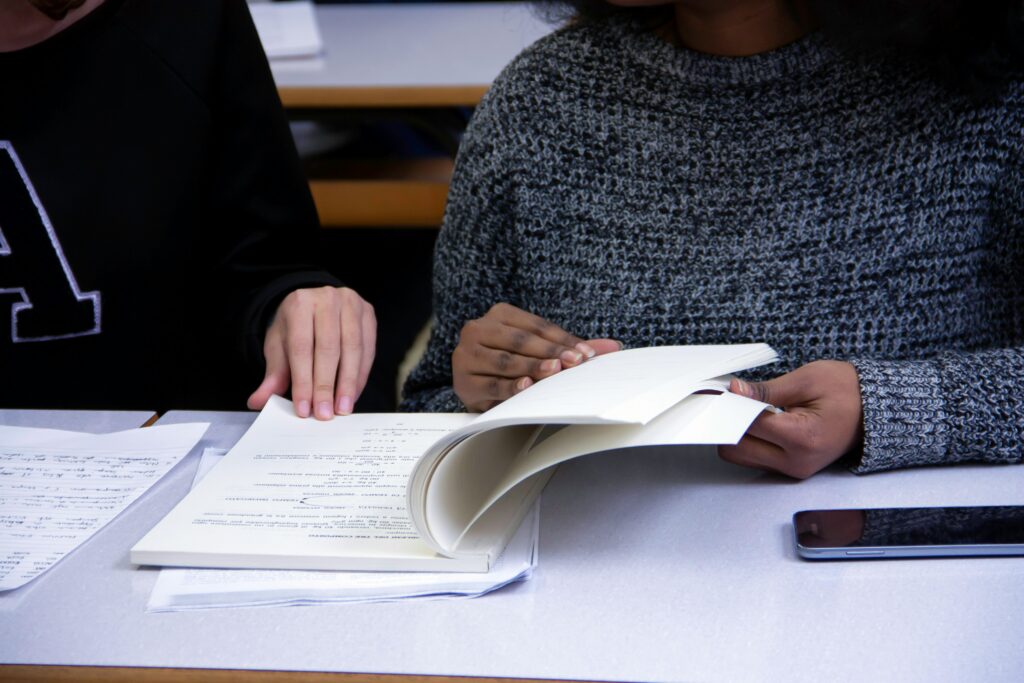
3. Course entry requirements and burdens faced
If a young person has been able to access the funding to attend college or university, their ability to be successful in gaining a place can still be prohibited by the entry requirements to a course. Although this is an issue which also affects adult asylum seekers and even refugees who are entitled to this funding, it can be compounded when looking at children.
The entry requirements for courses may include requesting copies of previous educational qualifications, ID documents or proof of sufficiency in the English language. Asylum seekers, when fleeing their home, might not have had time to bring copies of their schooling documents; they are unable to return home in order to contact their country’s authorities to seek these documents. Even if a young person has been able to access these records, they may be required to be translated into English by an authorised translation organisation, which can have a significant cost, and the young person would be required to cover this cost. This can be compounded as even if the records have been translated or are already in English, they may not officially be recognised in Scotland.
Any one of these issues may force an asylum seeker to have to restart their education in Scotland from a lower level despite already having attained qualifications in their home country. As part of the Our Grades Not Visas campaign, they conducted a survey of migrants and people seeking asylum in Scotland on their ability to access education. They note that students who had completed master’s degrees or PhDs had issues with translations or their qualifications being accepted. Asylum seekers and refugees may also have previous learning and skills in which they do not hold formal qualifications but gained direct work experience or learning from family members.
It is important to highlight that more can be done to help young asylum seekers access their right to education. These challenges are not unique to Scotland or the UK; they are faced by many countries around the world.
This could include offering testing that places students in the right courses based on their actual abilities rather than paperwork, providing financial support, helping translate prior qualifications, and creating flexibility to overcome the administrative barriers that education institutions have put in place.
4. Ability to financially attend the course with asylum support rates and any impact
Now that the young person has received the funding to cover the costs of their tuition, has successfully met the entry requirements, the difficulties they face continue. While a person is waiting for their asylum claim to be decided, they will be prohibited from working and will be in receipt of asylum support. The rate of asylum support available is dependent upon the asylum seeker’s assessment of being destitute and can include financial support and or accommodation. At the time of writing in August 2025, the rate of asylum support is £49.18 per person or £9.95 if residing in accommodation that provides meals, such as hotels, per week.
The costs of attending college or university can be high, including the cost of travel and education materials. Asylum seekers may be able to apply for scholarships or discretionary funds to assist with these costs, but they can be limited in number.
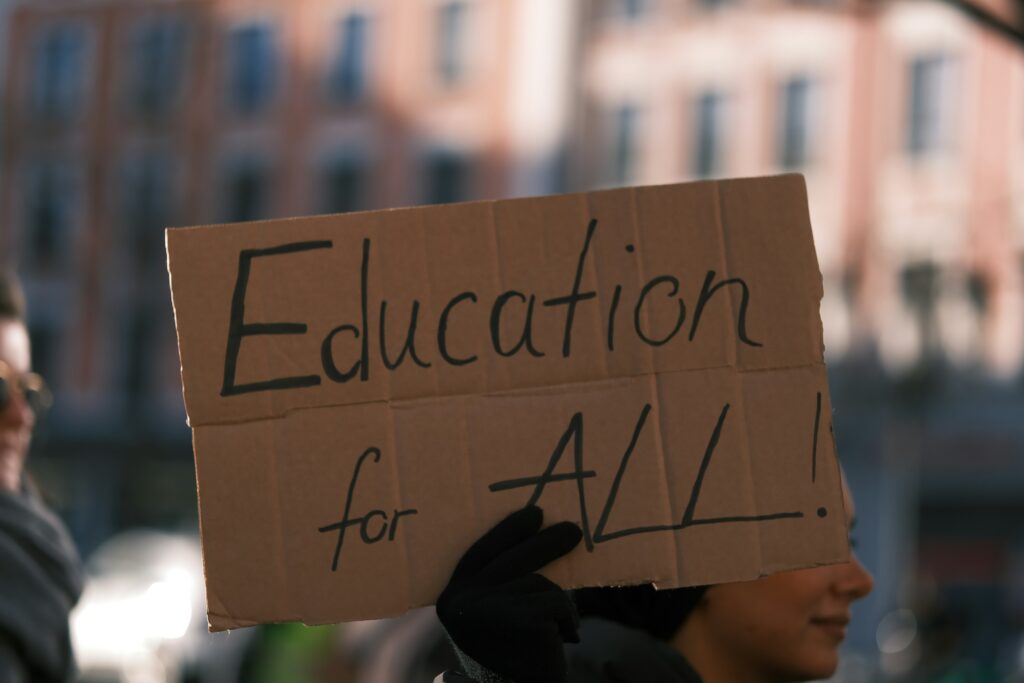
5. Access to schools/colleges
As I noted in the Scottish context, education in Scotland is mandatory in secondary school until the age of 16. When young asylum seekers arrive in the UK, there are often difficulties in enrolling them in secondary school education if they are 16 or over, as they are deemed as past the mandatory age. Often, these children will instead be attending colleges to attend either ESOL classes or non-advanced courses.
Through the decision of secondary school education in Scotland, schools often don’t have the ability to integrate older students who have not fulfilled the previous years of education. This loses the benefits young asylum seekers gain by integrating with their peers at school and learning from others. It may also allow them more support to understand the differences within the further and higher education system in Scotland before they choose to enter it.
Making ‘Education for All’ a Reality in Scotland
It is clear that these issues, all of which may seem to be occurring in isolation, are part of a wider problem. While we have applauded the Scottish Government for extending the funding for access to education to child asylum seekers, more work should be done to ensure this right is engaged. There is a broader need for clarity, which could be achieved by removing the additional barriers placed on adult asylum seekers. This would help clarify eligibility for funding and address systemic obstacles by finding solutions that support young people in meeting course criteria at educational institutions, while also providing additional support that does not interfere with asylum support but helps them succeed in their studies.. The right to education is a right for all, which should be accessible and not enable the exclusion of those who are seeking to access it.
Learn more about Just Right Scotland here
Antonia McCallack is a Senior Legal Caseworker at the Scottish Refugee and Migrant Centre and Scottish Anti-Trafficking and Exploitation Centre at Just Right Scotland. She is a recent graduate of the University of Edinburgh (LLB Honours) and a past Robertson Trust Scholar. Antonia has a keen interest in increasing access to justice for vulnerable people, with a particular interest in supporting migrants at risk of destitution and survivors of human trafficking.

